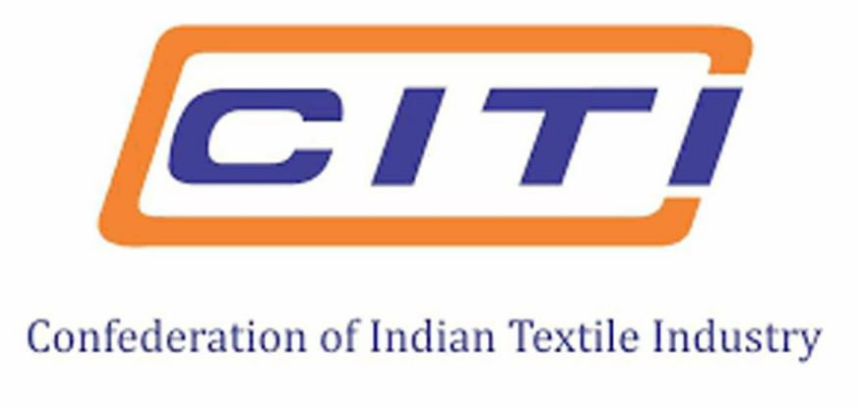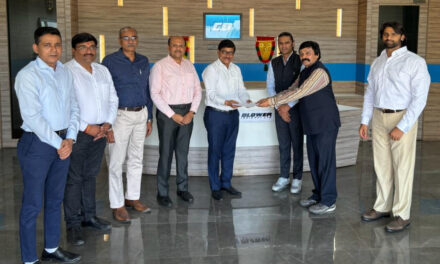 The Confederation of Indian Textile Industry (CITI) has joined hands with the Global Reporting Initiative (GRI) to launch – Improving Transparency for Sustainable Business (ITSB) – in India on September 10.
The Confederation of Indian Textile Industry (CITI) has joined hands with the Global Reporting Initiative (GRI) to launch – Improving Transparency for Sustainable Business (ITSB) – in India on September 10.
Supported by the Swedish International Development Cooperation Agency (Sida), the ITSB initiative is designed to elevate sustainability practices and transparency across South Asia’s textile and apparel sector, positioning it for long-term resilience, profitability, and global leadership.
“India’s textile and apparel industry is both an economic powerhouse and a symbol of cultural heritage. As global markets increasingly demand responsible and transparent practices, ITSB represents a timely opportunity for our industry to strengthen competitiveness while embracing sustainability as a core driver of growth. Through this initiative, we will empower enterprises – large and small – to align with global best practices, build resilience, and position India’s textile and apparel sector as a global leader in sustainability,” said Rakesh Mehra, Chairman, Confederation of Indian Textile Industry.
“GRI, a voluntary sustainability standard, provides a global framework that focuses on the impacts of organizations’ operations, products, and services on the economy, environment, and people. With this lens, as a standard setter, we want to learn more about the best practices emerging in India, which can be shared globally to advance the agenda of sustainability. At the same time, through ITSB, we seek to support organizations, regulators, and investors in operationalizing impact reporting and making it a win–win for all stakeholders,” said Dr. Aditi Haldar, Director – South Asia, Global Reporting Initiative.
In India, ITSB will serve as a dynamic multi-stakeholder platform, engaging businesses, industry bodies, worker associations, regulators, investors, and data users. The initiative will build capacities for impact reporting on critical environmental and social issues such as climate change, circularity, waste, diversity and inclusion, and biodiversity. It will also deepen transparency on employment, health and safety practices, and economic and tax-related impacts. India will be well-positioned to showcase its achievements to the world and contribute valuable lessons from its own experience to the global community.
ITSB will offer tangible benefits for a wide spectrum of stakeholders. Reporting organizations will gain tools, training, and frameworks to improve ESG disclosures and meet global buyer expectations. Industry associations will be able to strengthen collective action, knowledge sharing, and advocacy on sustainability practices.
Investors will benefit from more consistent and credible ESG data to inform responsible decision-making, while worker associations will see greater transparency on employment practices, health and safety standards, and inclusion, fostering better dialogue and accountability. At the same time, regulators and policymakers will gain access to standardized sustainability data to guide evidence-based policy development and governance.
As part of its India-specific implementation, GRI and CITI will focus efforts on the selected textile clusters, driving localized engagement and capacity building. By anchoring the initiative Page 2 of 2 in these hubs of innovation and production, ITSB seeks to catalyse a movement that will ripple across the sector, making sustainability and transparency not just a compliance requirement, but a strategic advantage for India’s textile and apparel industry in the global marketplace.





















